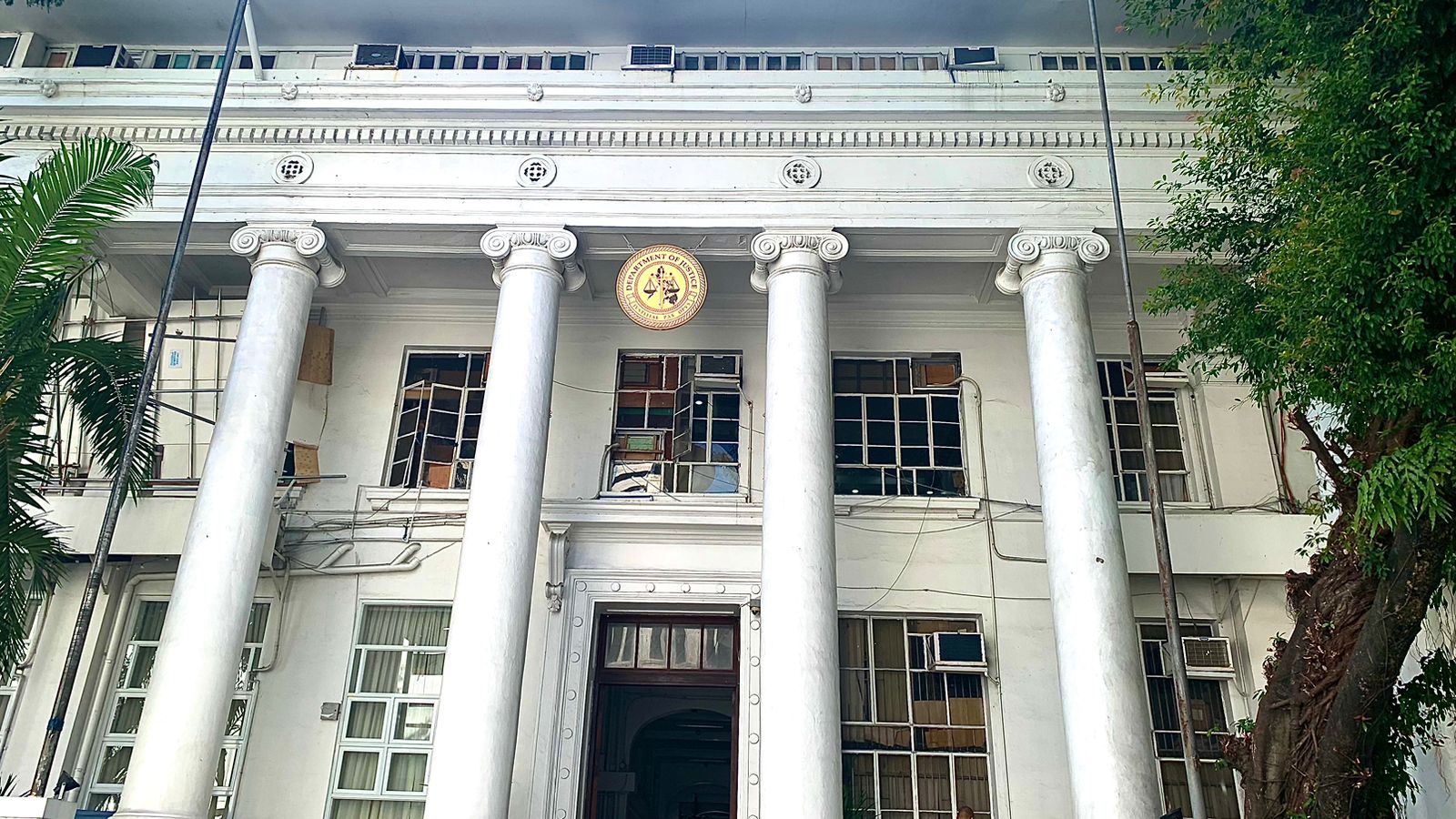
MANILA, Philippines – Marcylyn Pilala from Mountain Province and Alaiza Lemita, sister of a victim of the “Bloody Sunday” killings who were charged with terrorism financing filed their counter-affidavits before the Department of Justice (DOJ) on Wednesday.
The two filed their counter-affidavits in response to a complaint filed by the Philippine National Police’s Criminal Investigation and Detection Group – Batangas Provincial Field Unit for violating Republic Act 10168 or the Terrorism Financing Prevention and Suppression Act (TFPSA) of 2012.
According to a statement released by Katribu Kalipunan ng Katutubong Mamamayan ng Pilipinas (Katribu), Pilala was charged for allegedly selling grocery items to New People’s Army (NPA) rebels, while Lemita was accused of providing food.
Both denied the accusations and stressed that they are civilians and have never been members of the underground communist movement.
In her counter-affidavit, Pilala said she was accused of providing “the NPA with food, and other supplies, without even stating the circumstances of when, and how [she] allegedly did so.”
“There is no truth to the allegation that I provided food and money to the NPA. In addition to its legal infirmities, the complaint should be dismissed for being factually baseless. The allegation that I provided cooked rice, adobo, and cash to the NPA on March 10, 2017, is entirely false,” Lemita, on the other hand, argued.
“I assert unequivocally that I have never been a member of the NPA, nor have I been involved in any activities of the underground communist movement,” she added.
“This case exposes the absurdity of the law including the Anti-Terror Act, where even simple endeavors like selling food or providing meals can be distorted into crimes,” said Beverly Longid, national convener of Katribu.
“It’s a clear example of how these laws are weaponized to intimidate and harass those who stand up for their rights,” she added.
Katribu also claimed that the complaints filed against the two “rely solely on the claims of alleged rebel returnees, individuals who are often paid or coerced by state agencies, including the police and military, to fabricate evidence against rights defenders and civilians.”
“The DOJ’s increasing reliance on testimonies of self-proclaimed former rebels against activists and critics is alarming,” Longid emphasized.